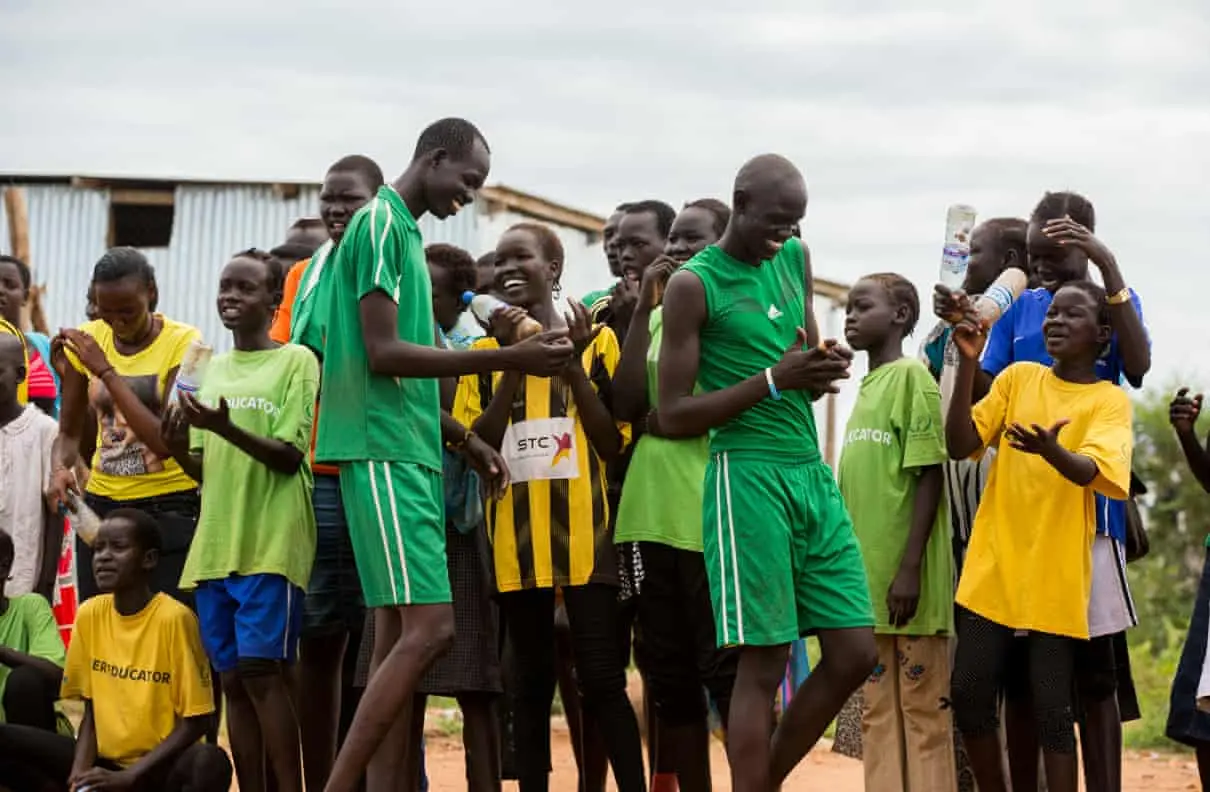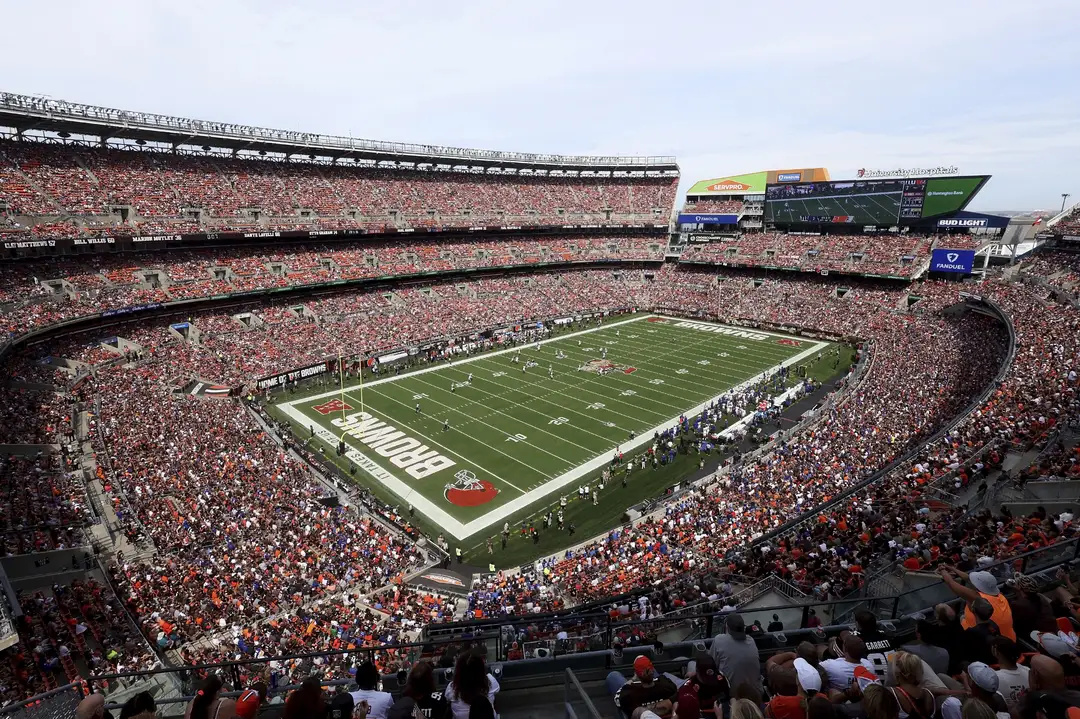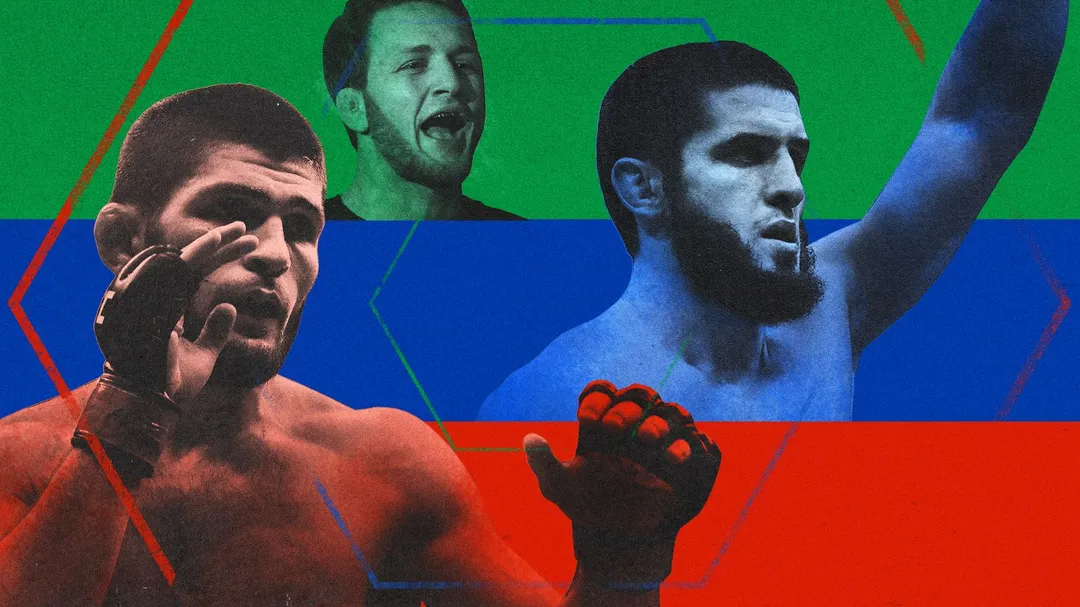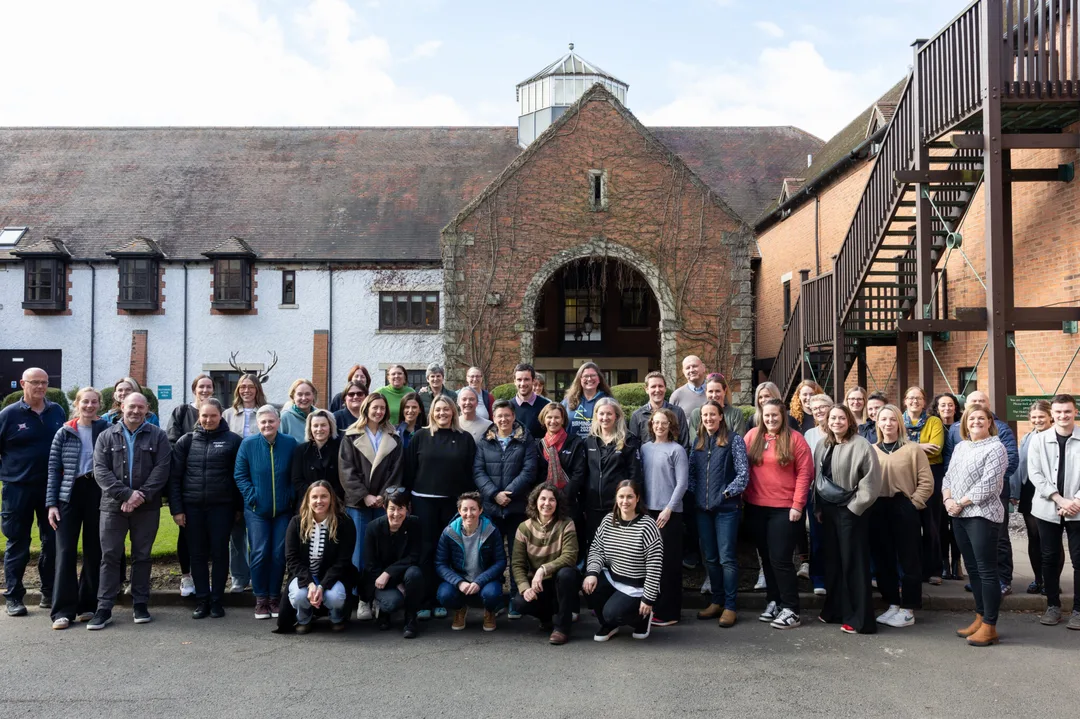Throughout history, sport has served as a universal language, transcending cultural, political, and social barriers to bring people together. Whether played in stadiums, parks, or local communities, sport fosters values of respect, inclusion, and collaboration. As a unifying tool, it has the remarkable ability to bridge divides, heal wounds, and build peace in a fragmented world. By examining its global impact, we can better understand why sport remains one of the most effective mechanisms for cultivating harmony and understanding.
Sport as a Universal Language
Sport’s accessibility and simplicity make it a universal language that anyone can understand. Regardless of nationality, ethnicity, or socioeconomic status, people can participate in or enjoy sporting events. Games and competitions often foster camaraderie, where the shared passion for a sport outweighs differences between individuals or groups.
Consider the Olympics, a global event that embodies sport’s unifying power. Athletes from every corner of the globe come together to compete while celebrating diversity and human excellence. The Olympics inspire a spirit of unity and respect, fostering dialogue and breaking down prejudices.
Promoting Inclusion and Equality
Sport has the potential to empower marginalized communities and promote social inclusion. Programs aimed at introducing sport to underprivileged or disadvantaged populations often provide opportunities for personal growth, leadership, and education.
For instance, women’s participation in sports has been instrumental in challenging gender stereotypes and promoting equality. Female athletes like Serena Williams and Megan Rapinoe serve as role models, demonstrating resilience and breaking barriers in male-dominated arenas. By encouraging diversity, sport advocates for inclusivity in broader societal contexts.
Conflict Resolution and Peacebuilding
Sport plays an essential role in conflict resolution and peacebuilding efforts. Organizations and initiatives use sport to create neutral spaces where dialogue can flourish and host activities that promote collaboration and mutual understanding.
One notable example is the use of football (soccer) in post-conflict zones. Initiatives like Peace and Sport and Football for Peace employ sport to bridge divides between warring communities, foster empathy, and encourage cooperation. Games create an environment of shared goals and collective success, easing tensions and encouraging reconciliation.
Building Bridges Across Cultures
In a world often divided by differences, sport can build bridges across cultures and foster intercultural understanding. Sporting events such as the FIFA World Cup and the Paralympics bring diverse groups together, offering opportunities to appreciate different traditions and perspectives.
Inspiring Hope and Unity
Sport has a unique ability to inspire hope, particularly in times of crisis and uncertainty. It often serves as a source of strength and motivation, bringing people together to focus on shared goals and triumphs. Iconic moments such as Nelson Mandela donning a rugby jersey to unite South Africa during the 1995 Rugby World Cup symbolize sport’s transformative power to heal fractured societies.
When disasters strike or conflicts escalate, sport can act as a beacon of positivity. International charity matches, fundraising events, and athlete-led initiatives demonstrate how sport fosters solidarity and emphasizes humanity’s ability to rally together in times of need.
The Role of Sports Organizations
Global sports organizations such as the International Olympic Committee (IOC) and Fédération Internationale de Football Association (FIFA) have a responsibility to leverage their influence to promote peace and unity. These organizations often partner with non-profits and governments to implement initiatives aimed at fostering goodwill and addressing global issues.
For example, the IOC’s Olympic Refuge Foundation provides displaced youth with opportunities to participate in sports, helping them rebuild confidence and integrate into new communities. Meanwhile, FIFA’s Football for Hope initiative uses the sport to tackle social challenges such as education, health, and gender equality.
Challenges and Opportunities
Despite its immense potential, sport is not immune to challenges. Instances of discrimination, corruption, and violence occasionally taint its reputation. However, these challenges also present opportunities for reform and innovation. By addressing issues of equity and accountability, the sports community can further enhance its role as a tool for peace.
In addition, technology opens new doors for expanding the impact of sport. Virtual tournaments, live broadcasts, and global access to sports content allow more people than ever to engage with and benefit from its unifying influence.
A Vision for the Future
Looking ahead, sport must continue to be championed as a means to cultivate peace and understanding on a global scale. Governments, organizations, and individuals can collaborate to enhance accessibility and encourage greater participation across all demographics. By investing in programs that empower marginalized communities and support dialogue in conflict zones, the transformative power of sport can be maximized.
Conclusion
Sport is far more than just a game—it’s a catalyst for change, a platform for unity, and a symbol of hope. Its ability to transcend barriers and foster empathy makes it one of the most effective tools for building peace in the world. From the thrill of competition to the joy of shared victories, sport reminds us of our common humanity and encourages us to strive for a better, more harmonious future.
by Wilfried Lemke







